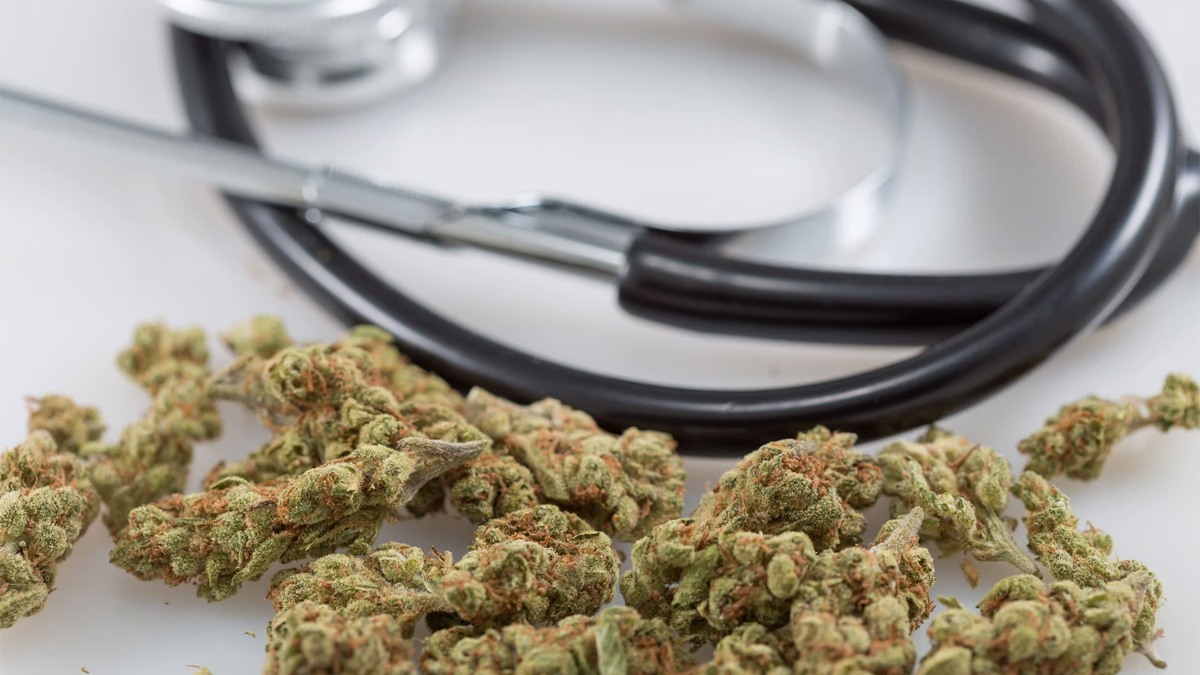More than 300,000 Kentuckians have been charged with cannabis-related crimes since 2002, according to a new report by the Kentucky Center for Economic Policy.
The new report, which draws on data from the state Administrative Office of the Courts, found that 303,264 people were charged with weed-related crimes between June 2002 and July 2022. That amounts to two people being charged every single hour of every single day for twenty years. And on average, 59% of those people – nearly 179,000 in total – were convicted of those charges.
Cannabis charges actually accounted for a full ten percent of the 3.1 million criminal charges filed in Kentucky between 2002 and 2022. The overall rates of charges and convictions vary by county, but rural areas are far more likely to convict people for weed. About 65% of the people who were charged with cannabis offenses in the Appalachian region were convicted, compared to 40% in the more metropolitan Fayette County. And in western Kentucky, conviction rates climbed as high as 78%.
“Cannabis-related charges affect every county in the state, and it varies based on the county, but our rural areas are sometimes twice as likely to convict people of cannabis-related charges than our bigger cities.” said Kaylee Raymer, policy analyst with the Kentucky Center for Economic Policy, to WKYT. “There’s no county in Kentucky that isn’t dealing with this issue.”
And as is typical with racist War on Drugs policies, people of color are far more likely to be charged with cannabis-related crimes than white people. A 2020 ACLU report found that Black Kentuckians are ten times more likely to be arrested for weed than whites. In Fayette County, Black people account for 49% of all pot possession charges and 59% of cannabis trafficking charges, despite the fact that they only make up 16% of the county’s population.
These criminal charges leave a permanent record that can block people’s chances of improving their lives after their arrest. Cannabis convicts “may be subject to fines and fees depending on their record and the type of charge,” Raymer told WKYT. “They may end up on probation and have to report to a probation officer or comply to other terms of probation. They may also face new factors when trying to look for a job with a cannabis charge or conviction on their record. It could affect their ability to get housing.”
Over the past two decades, 23 US states have completely legalized adult-use cannabis, and a handful of others have at least decriminalized minor pot possession. Kentucky is not one of those states. For years, the state’s Republican-dominated legislature shot down every attempt to pass even a limited medical marijuana law, despite the fact that 99% of Kentuckians support medical legalization.
Fortunately, the tide is finally starting to turn. Gov. Andy Beshear (D) issued a highly controversial executive order last year that allowed adults to import medical marijuana from other states. This spring, local lawmakers finally gave in and passed a limited medical cannabis law that will allow doctors to recommend non-smokable cannabis to patients with specific conditions. Jefferson County has also recently limited the prosecution of low-level weed offenses as well.
But as Raymer points out, there’s an even more effective solution to the state’s antiquated prohibition policies. “We could regulate and tax cannabis,” she told WKYT. “That’s new revenue for our state so we can pay for the resources Kentuckians need. And the good thing about decriminalizing cannabis is most other states have already done it so we have a lot of models that we can look at and we can see what mistakes were made.”
Chris Moore via (https://merryjane.com/news/two-kentuckians-are-charged-with-pot-crimes-every-hour-of-every-day)
Keep out of reach of children. For use only by adults 21 years of age and older.










